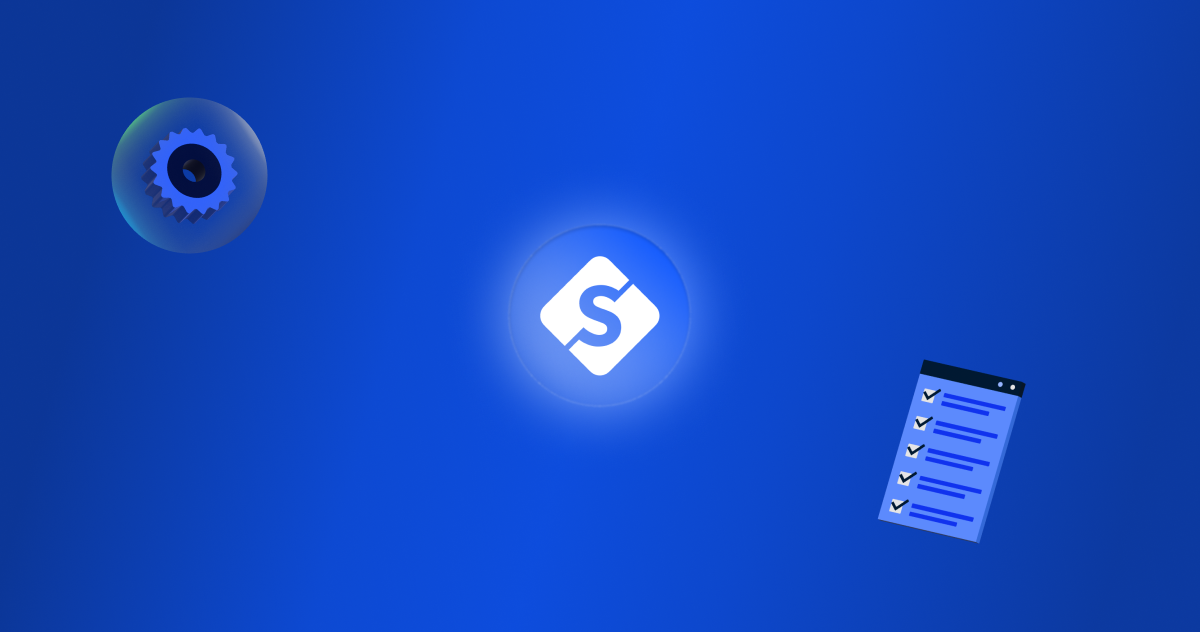Ensuring Robust Software Maintenance in 2023

Ensuring Robust Software Maintenance in 2023
AI-Powered Quality Assurance in Software Maintenance
Quality assurance is of paramount importance in software maintenance, and the advent of AI has brought about a revolution in its execution. AI-powered techniques enable organisations to enhance the robustness, efficiency, and overall user experience throughout the software maintenance process. By leveraging AI algorithms, machine learning, and automation, organisations can conduct more thorough and accurate testing, identify potential issues before they arise, and ensure that software systems meet the highest quality standards. AI-driven quality assurance enables proactive defect detection, optimisation of maintenance processes, and the delivery of software solutions that exceed user expectations. With AI at the forefront of quality assurance, software maintenance is elevated to a new level of excellence and reliability.
Automated Testing: Streamlining Quality Assurance with AI
AI revolutionises testing processes by enabling automation, reducing manual effort, and enhancing efficiency. Machine learning algorithms can identify patterns in data, generate test cases, and analyse test results to detect potential issues. This empowers organisations to achieve comprehensive test coverage, accelerate the testing cycle, and deliver high-quality software solutions. By leveraging AI in automated testing, organisations can optimise resources, improve accuracy, and achieve faster time-to-market while ensuring robustness in software maintenance.
Intelligent Bug Detection and Analysis in Software Maintenance
AI-powered tools have transformed bug detection and analysis in software maintenance. Leveraging techniques such as anomaly detection and natural language processing, these tools can intelligently identify and prioritise critical issues. By swiftly detecting bugs, organisations can expedite bug-fixing processes, minimise software downtime, and ensure uninterrupted operations. The intelligent analysis capabilities of AI-powered tools enable organisations to gain valuable insights into the root causes of bugs, leading to more effective bug resolutions and enhanced software reliability. This proactive approach to bug detection and analysis enhances the overall quality and performance of software systems in the maintenance phase.
Performance Optimisation
AI techniques, including machine learning and data analytics, have become instrumental in optimising software performance. By analysing system metrics and patterns, AI models can identify performance bottlenecks and recommend optimization strategies. These strategies may involve fine-tuning system configurations, optimising algorithms, or allocating resources more effectively. By leveraging AI in performance optimization, organisations can enhance the efficiency of their software systems and deliver high-performing software solutions. AI-driven optimisation techniques enable organisations to identify and resolve performance issues proactively, resulting in improved user experiences, increased scalability, and cost savings by optimising resource utilisation. In the rapidly evolving technological landscape, AI-powered performance optimisation is a crucial aspect of software maintenance for achieving optimal system performance.
Advancements in AI for Quality Assurance in Software Maintenance
The future of AI-powered quality assurance in software maintenance holds exciting possibilities. Advancements in AI algorithms, explainable AI, and AI-driven decision-making will enable organisations to improve defect prediction accuracy, optimise maintenance processes, and achieve even higher levels of software quality.
Conclusion
AI-powered quality assurance is transforming software maintenance, providing organisations with robust and efficient processes. Automated testing, intelligent bug detection, and performance optimisation are just a few of the ways AI is enhancing quality assurance in software maintenance. As AI continues to advance, the future holds promising opportunities for organisations to leverage AI for even more accurate defect detection, efficient maintenance, and superior software quality. By embracing AI-powered quality assurance techniques, organisations can ensure robust software maintenance, meet user expectations, and drive success in the dynamic software landscape.
As Seen On Over 400 News Platforms













